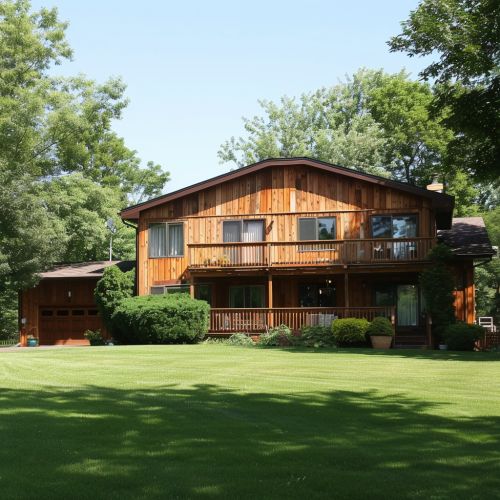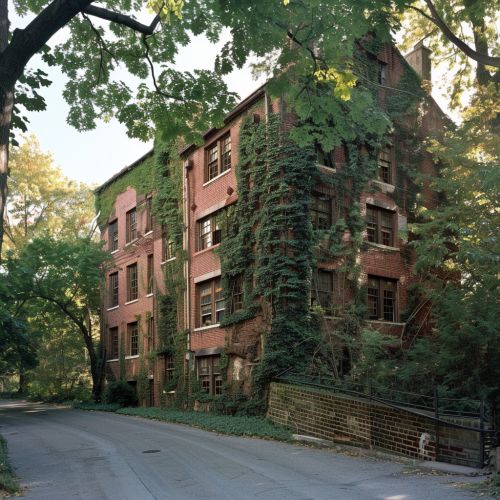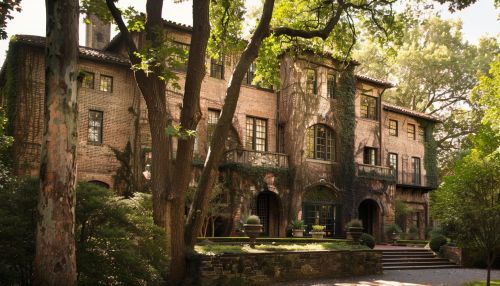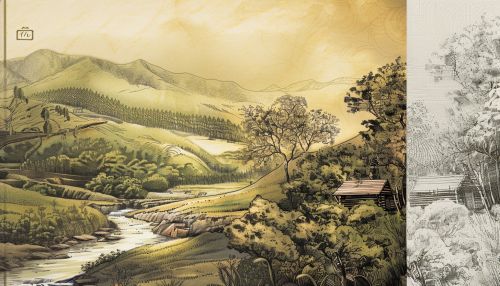Aldo Leopold
Early Life
Aldo Leopold was born on January 11, 1887, in Burlington, Iowa. He was the eldest of four children born to Carl and Clara Leopold. His father, a businessman, instilled in him a love for the outdoors and nature from a young age. Leopold spent much of his childhood exploring the woods and fields near his home, developing a deep appreciation for the natural world.


Education
Leopold attended the Lawrenceville School in New Jersey, where he developed an interest in forestry. He went on to study at the Yale Forest School, graduating in 1909. His studies at Yale further solidified his passion for conservation and the environment.
Career
After graduating from Yale, Leopold joined the U.S. Forest Service and was assigned to the Arizona and New Mexico territories. During his time in the Southwest, Leopold developed his land ethic, a philosophy that emphasized the importance of maintaining a balance between humans and nature.
In 1924, Leopold was transferred to Madison, Wisconsin, where he would spend the remainder of his career. He worked at the University of Wisconsin as a professor of game management, a field he helped to pioneer. Leopold's work at the university led to significant advancements in wildlife conservation and land management practices.


Land Ethic
Leopold's land ethic is perhaps his most significant contribution to the field of conservation. This philosophy argues that humans are not separate from the natural world, but rather a part of it. As such, we have a moral responsibility to care for the land and all the life it supports. Leopold's land ethic has had a profound influence on modern conservation efforts and environmental policy.
A Sand County Almanac
In 1949, Leopold published his most famous work, A Sand County Almanac. This collection of essays reflects on Leopold's experiences in the outdoors and his evolving thoughts on conservation. The book has since become a seminal text in the field of environmental studies.


Death and Legacy
Leopold died on April 21, 1948, while fighting a brush fire on his neighbor's property. His legacy lives on through his writings and the continued relevance of his land ethic. Today, Leopold is regarded as one of the most influential figures in the conservation movement.
